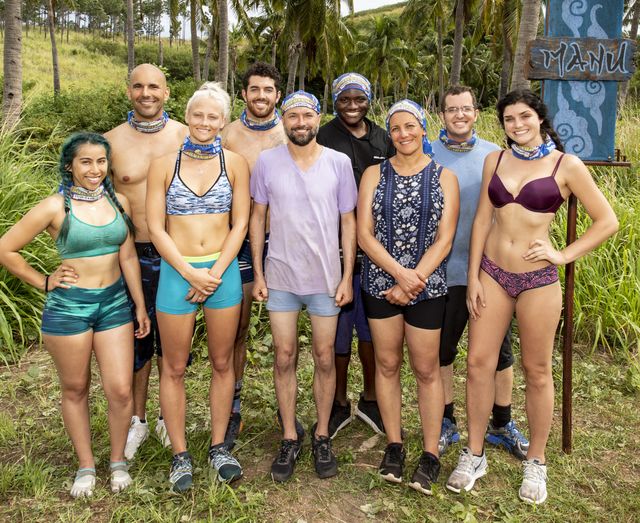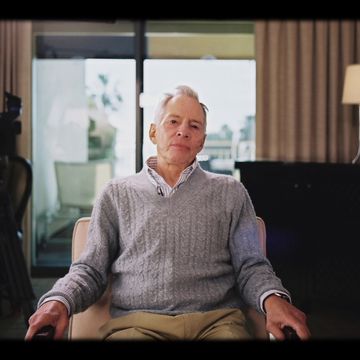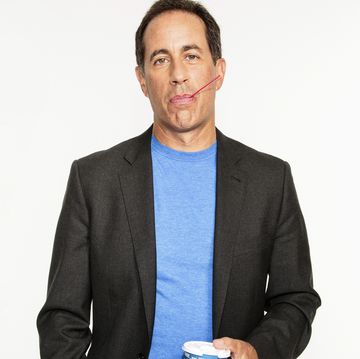Survivor first graced our screens in 2000, and the CBS show has been going strong ever since. The competition series is actually a spinoff of a similar Swedish show called Expedition Robinson, in which contestants also fight to survive in an isolated location, all while trying to outsmart each other until one winner remains.
Over the years, fans of the series have had lots of questions about how the show really works, including if the contestants secretly get to use real toilets (no), if the producers control what they wear (yes), and if the contestants are ever alone (not a chance.).
Fans are also curious about the mental and physical fortitude it takes to undergo such a vicious competition. When stripped of all personal belongings and modern advances, how do you keep a level head enough to scheme your way into a win?
"You're not hungry—you're starving. Most of us probably lost 20% of our body weight easily, that’s a load on you. Being sleep deprived is a load on you. Being dehydrated is a load on you," says Terry Dietz, who got 3rd place in season 12.
"The stress levels of getting down range for every single challenge, every single day, and every single relationship, all had to be dealt with."
One of the more persistent questions is about how long the contestants actually spend on the island, so we decided to look into it. Especially since the newest season will have a marked change from previous seasons, so read closely.
How long does a season of Survivor last?
In the American version of the show, contestants are on the show for a maximum of 39 days (with the exception of the Australian Outback season, which ran for 42 days).
However, this upcoming season will be a change to that number. Due to the pandemic, contestants and the production crew all have to quarantine for two weeks. Along with filming, it cut down drastically how long the everyone can spend on the island. Instead of 39 days, the 41st season of Survivor will now be 26 days. And according to host Jeff Probst, it may be like that for the foreseeable future.
"We haven't decided if we will go back to 39 days," says Probst in an interview with Entertainment Weekly. "I will say that I'm optimistic that fans will find this new 26-day game to be very entertaining and Survivor-worthy."
On the international versions of the show, things can get a little hardcore. The most recent season of Survivor Australia lasted for 50 days, while last year's season of Survivor Greece went on for a whopping SIX MONTHS. However, the format of the show tends to change from country to country, with Greece's version involving a public vote by viewers, which explains the longer run time.
But even just 39 days as a castaway takes a massive toll on the body. With limited access to food, contestants lose quite a bit of weight over the course of a season. Tina Wesson, a three-time player and winner of Survivor: Australian Outback, lost 18 pounds during her time on Survivor: Blood vs. Water. Wesson spent 38 days in the game before she was voted out, finishing 4th:
Holly Hoffman, who finished 4th on Survivor: Nicaragua, told Business Insider she lost 22 pounds over the course of the season. She also said she was sick for a week when she got home. Hannah Shapiro, a runner-up on the 33rd season of Survivor and contributor to Men's Health, told Mic that her 39 days in Fiji left her over 20 pounds lighter with a new habit of brushing her teeth with bamboo.













